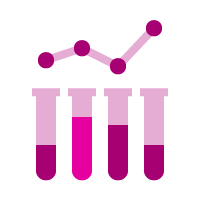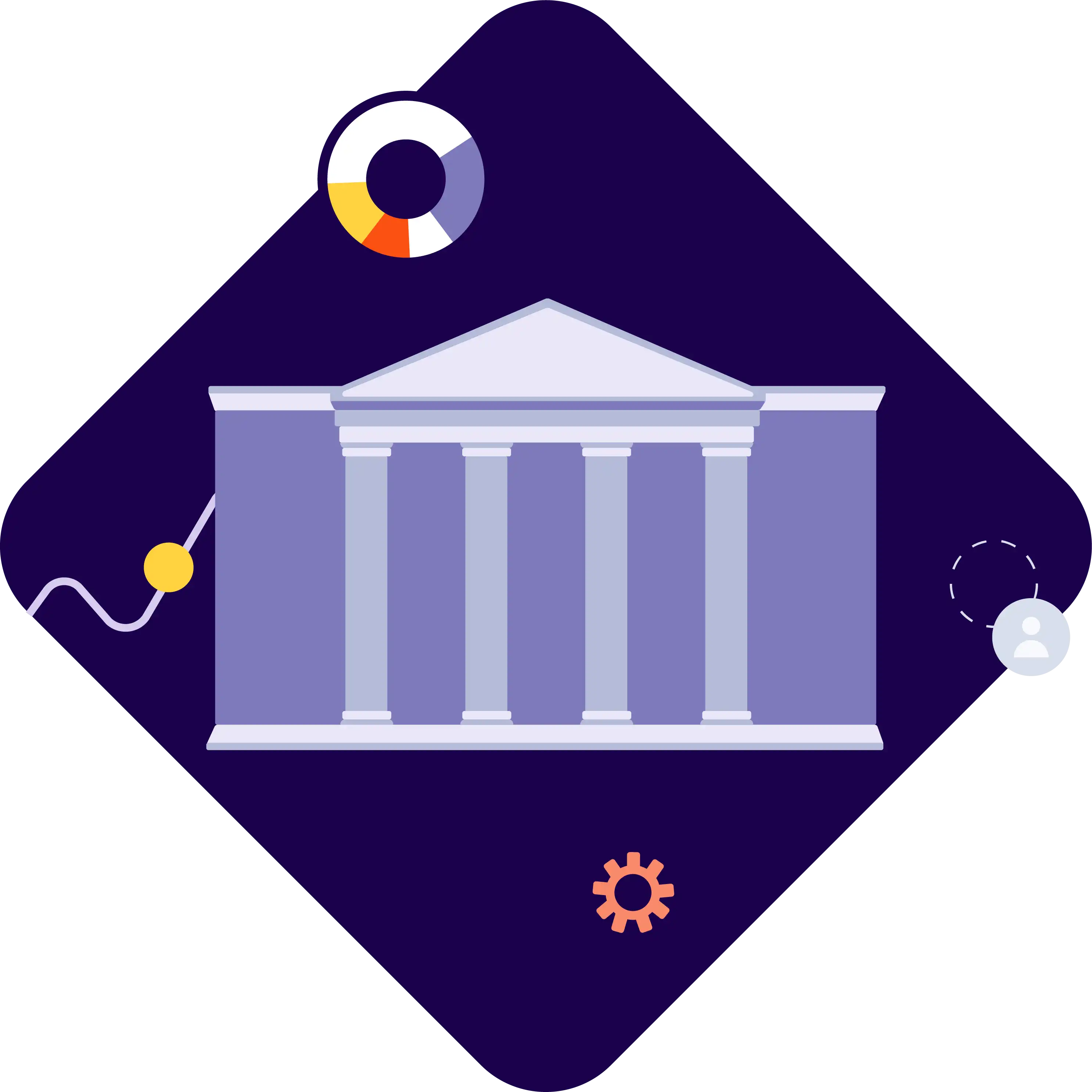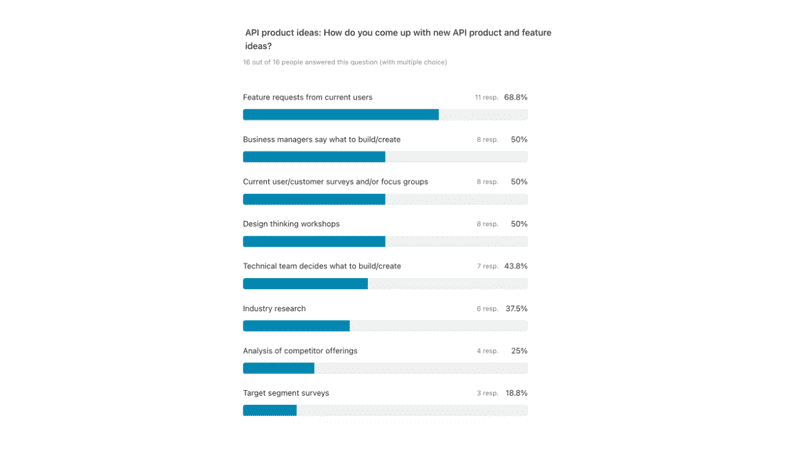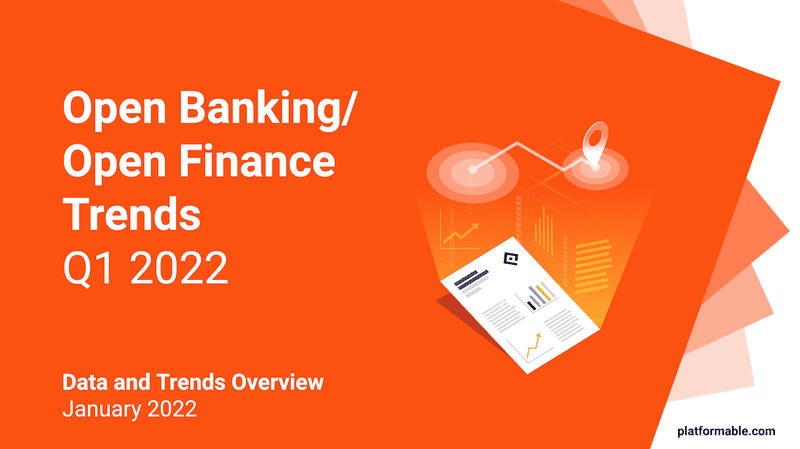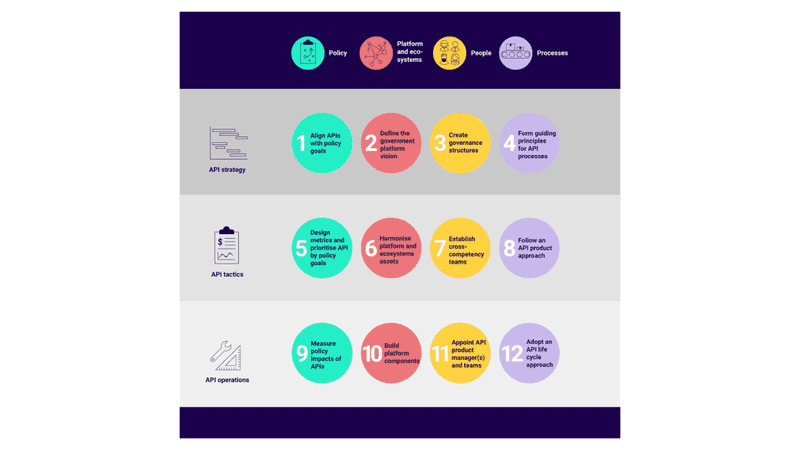The Starling Bank spat, why web3 won't save us, and designing ecosystem value models: Weeknotes #1, 8 Jan 2022
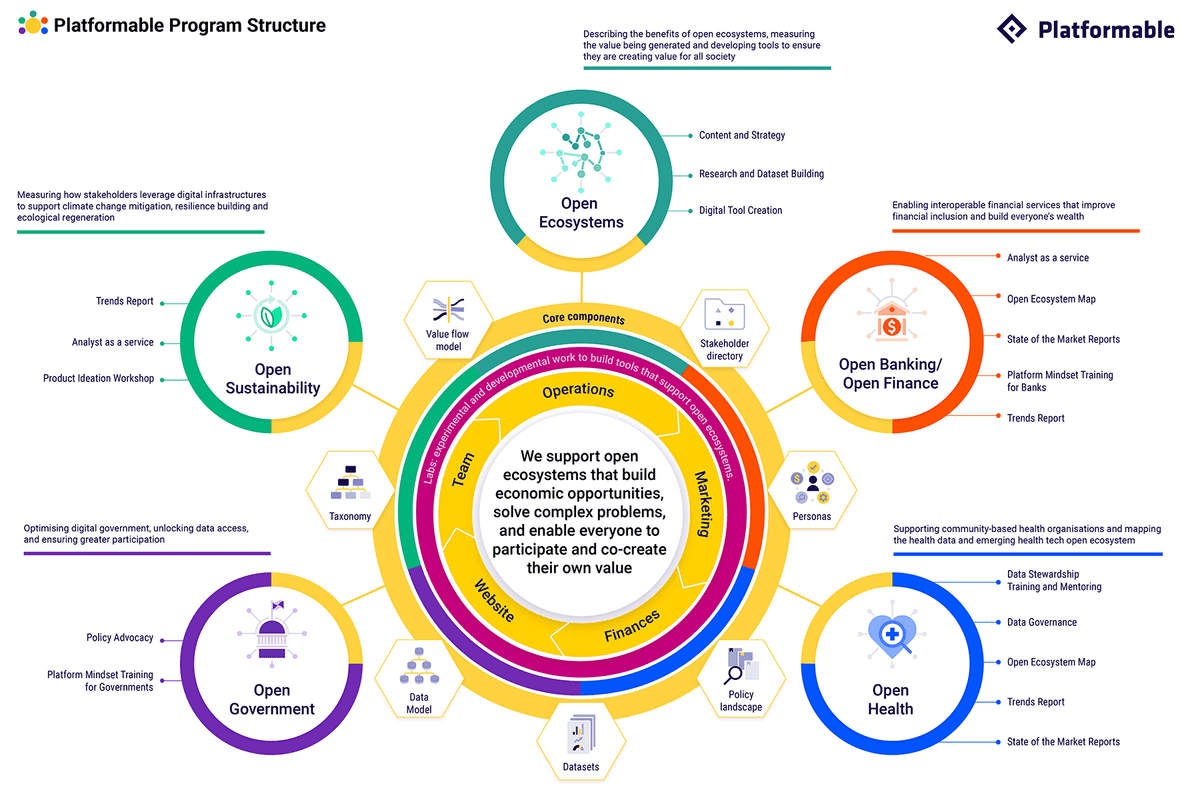
2022 represents a turning point in Platformable’s growth. While we started as a consultancy-based business about five years ago, we have spent the last year building data products and moving to a more product-oriented approach, and our timing has never been more crucial.
There are four key drivers that demonstrate the importance of Platformable’s mission and approach, and 2022 will see us emerging from a pseudo-stealth mode where we didn’t focus on sharing our products and approaches so widely, as we were busy building and working with our existing client base.
The four drivers that now impact much of our thinking at Platformable are:
1. Global operational infrastructures are becoming API-enabled
2. Global health and climate challenges will require us all to collaborate in new ways
3. The last year has shown we need new types of businesses and approaches to tech policy
4. Chatter about web3 threatens to redirect energies from the potential of open ecosystems
1. Global operational infrastructures are becoming API-enabled
Over the past several years (and on turbodrive under COVID), global operations across multiple industry sectors have moved to digital (and often cloud-based) infrastructures that are being connected via APIs. This is occurring in banking and finance, telecommunications, logistics, supply chain management, health, digital government, and other key sectors that we rely on everyday (we expect energy to be next). This move to API-enabled digital infrastructures is global (what I referred to as the “beginning begins in earnest” in the apidays API Landscape's State of the Market Report 2022). This shift to digital infrastructures enables the growth of open ecosystems in which more stakeholders can participate, market imbalances can be prevented, and everyone can co-create their own value. At least, in theory. Our goal at Platformable is to measure the distribution of value in these digital open ecosystems and assist stakeholders to create approaches that solve challenges, expand innovation, reduce inequalities, redress market imbalances and allow participation and inclusion, all while working within resource and energy constraints.

Our program structure has identified four key areas where we want to focus on supporting the development of open ecosystems: banking/finance, health, sustainability, and government. In addition, we recognise and want to support technology providers (such as the API and open source industries), regulators, standards bodies and networks that also work to support open ecosystems.

We build core assets: taxonomies, data models, policy and regulation observatories, stakeholder maps, and so on. We then create datasets to track how open ecosystems are growing, and we identify best practices that help support open ecosystem growth. We then work with individual organisations to help them leverage data insights, develop strategies, and implement effective action.
2. Global health and climate challenges will require us all to collaborate in new ways
As we have all seen and experienced over the past two years (and counting), global health challenges have required all of us to work in new ways. I firmly believe that to succeed, every business will need to frame themselves in terms of how they are able to respond to COVID-19 (and future pandemics) and to climate impacts. On one level this might simply mean being able to move to hybrid or remote working models quickly, ensuring that there are digital user journeys in place, or it may mean specifically designing new product features and offerings that recognise the volatility that we all may experience when there is a new variant surge or an extreme weather event.
At an ecosystem level, health and climate challenges also mean businesses and other organisations will have to work together in new relationships. While industry competition will occur in the marketplace, competitors will also need to collaborate on common industry open standards, for example, in order for new solutions to be able to be built and scaled quickly.
3. New types of approaches to businesses and tech policy are needed
When global infrastructures finish transitioning to open ecosystems we will need new approaches to business and technology policy. From a business perspective, as noted above, competitors will need to collaborate at times. APIs make new digital business models possible, which might involve revenue-sharing, commission payments, co-marketing strategies, rebates and indirect revenue modelling, and so on. (New digital business models will also increase as carbon accounting rules are applied globally.) At Platformable, based on industry research into digital ecosystem models, we have identified five types of ecosystem relationships:
- Co-create
- Collaborate
- Complement
- Compete
- Coordinate.
Businesses and organisations will need to identify which type of relationship approach to apply to each situation. In our research and client work in banking/finance, health and government, we have found that organisations in these sectors are not yet well equipped to move beyond a competition-type mindset where the goal is to “own” the customer (and the data, and the complete transaction process).
But COVID has also demonstrated we need new values to underpin our businesses as well. At Platformable, we embed these values into the way we do business. This goes beyond diversity and inclusion in employment. We monitor the businesses and examples we highlight in our trends reports and slide decks to ensure that we are representing diverse ecosystem stakeholders, we explore what open ecosystems mean for traditionally marginalised populations, and we apply an equity lens to technology implementations.
The truth is we have poor decision-making processes globally that still separate policy and technical roles. In open ecosystems, we need to bring these two sides together more often. For example, in policies we make speak about the need to take an ecosystem approach. APIs are then seen as the technical component that can facilitate ecosystems being built. But APIs are more than just a technical concern: they bring the business/policy and technical sides together to describe how those relationships should be encoded, and speed up the pace of development. If we do not think about the potential impacts of API use, we could be inadvertently introducing solutions that widen inequalities, and that enable those widening inequalities to be entrenched at a faster rate, and a greater scale than previously. (Jennifer Riggins interviewed me for a recent article on The New Stack to explore how Government APIs can address structural inequities, but businesses also need to think through technology implications).
I’m excited to see newer startups like us focusing more on social impact and embedding values into the way we all do business. Incumbent businesses are also reorienting to recognise the need to take a more thoughtful, holistic view of how they operate. At Platformable, our whole team is excited and proud that this is our focus. We all believe that this is a growing phenomenon that moves beyond a ‘winner takes all’ approach to platforms, and instead represents an understanding that our successes are all dependent on each other, and dependent on our users and communities being able to grow and participate fully.
4. Chatter about web3 threatens to redirect energies from the potential of open ecosystems
But while I may be bullish and hopeful about the way Platformable approaches business, I am also worried at how much this first week of 2022 has been taken up already with talk around blockchain, cryptocurrencies and NFTs.
I urge everyone to read Stephen Diehl’s summary of why Web3 is bullshit.
We don’t need web3: open ecosystems in which API-driven infrastructures enable everyone to participate and co-create value are mature and expanding. Platformable’s work (and the work of many others too) is focused on ensuring that open ecosystems enable participation and opportunities for everyone, and that technological solutions can be implemented securely, ethically, equitably, and responsibly.
I do worry that the amount of focus given to web3, NFTs, and the snow-crashed nightmare vision of a metaverse detracts from the potential of open ecosystems as the solution. I am disappointed to see some thought leaders in APIs, platforms and ecosystems give so much focus to these areas. Where is there a similar sense of urgency in discussing how to leverage open ecosystems to resolve the massively unequal income disparities (and unpaid taxes) that have been generated over the past year alone amongst platforms and digital technologies or in leveraging technologies and ecosystems to get one step ahead of climate crises and the pandemic impacts?
The need for the work of Platformable (and the many others doing similar work) has never been greater, And this year, we are looking forward to doing that work with more clients, partners, colleagues, and competitors.
Here’s what we have been working on this week at Platformable.
Open Ecosystems
- We completed two white papers for two clients.
- We started defining a taxonomy for privacy technology, based, in part, on the work by The Rise of Privacy Tech (TROPT) and other models. (We would adopt TROPT’s model but we need something a little simpler for our forthcoming data collection. Also, we found several of the sub-categories proposed by TROPT are in very early stages of maturity and aren't suited to our data analysis.)
Open Banking/Open Finance
- We updated our value model which describes how value flows from APIs in open banking and open finance ecosystems, and how this value is distributed amongst stakeholders. We will create a new video to share our updated thinking in the coming weeks.
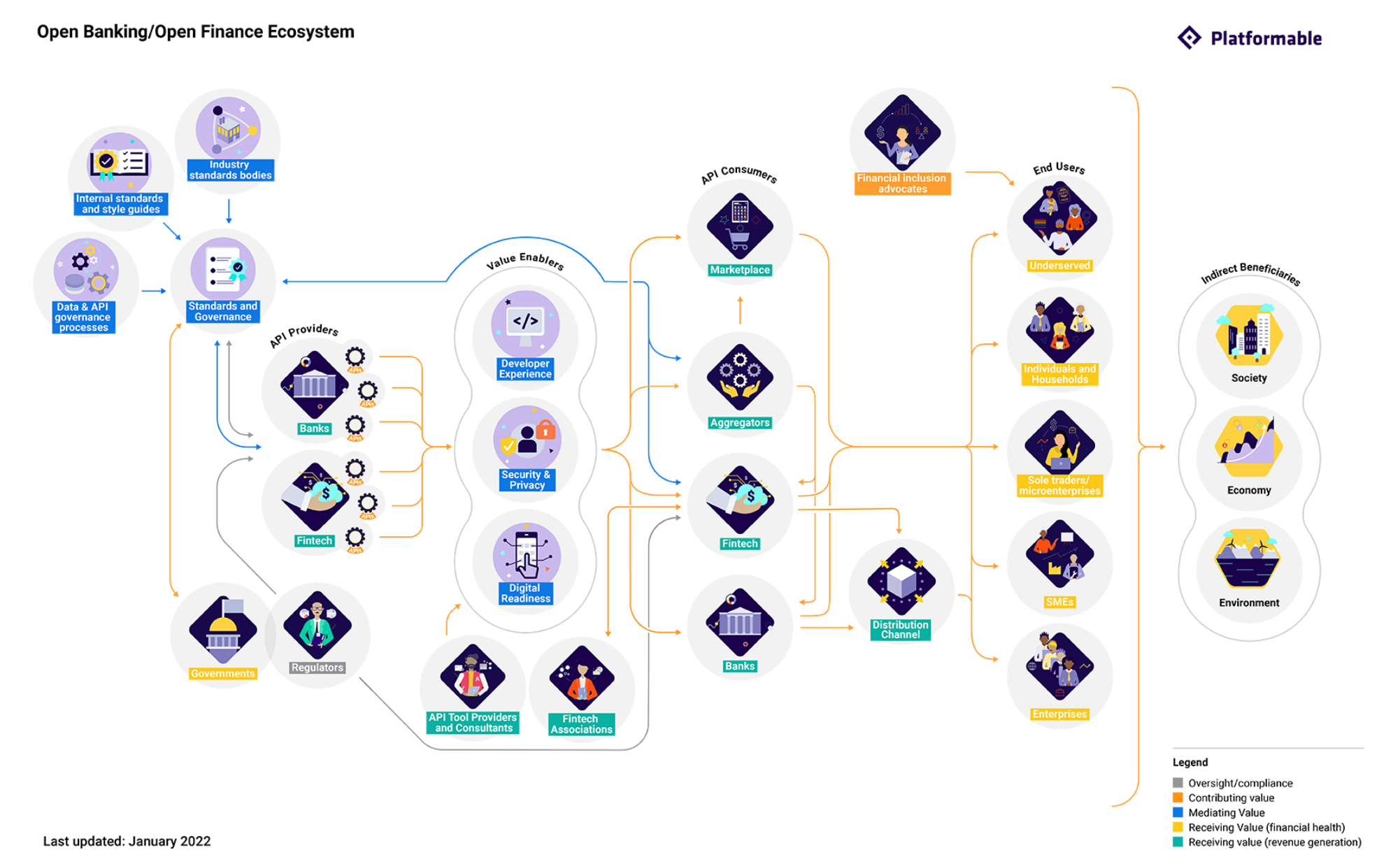
- We updated our fintech taxonomy. There is no global industry-wide fintech classification taxonomy, so we have built our own and ensured that it aligns with other fintech category classification systems that we have come across (but were often from a specific perspective so had not attempted to be a comprehensive description of all potential API-enabled fintech products and services).
- We continued development work on our upcoming API Product Monetization Tool, aimed at supporting banks and fintech to experiment with and define their API product pricing strategies. If you would like to test our prototype, please get in touch.
- We continued to build our datasets ahead of our next trends report launch on 20 January.
Open Government
- We are currently applying the maturity checklists from the API Framework for Digital Governments to a new client project. We are finding this to be a comprehensive approach to assisting clients define the policy and technical aspects of their API strategy and to identify actions that can help standardise and build cohesiveness for organisation-wide moves towards platform and ecosystem models, particularly within federated organisations that have independent developer teams working in each line of business.
Open Health
- We created a value model to describe how value flows from data, APIs, algorithms and open source technologies in open health ecosystems. This is based on research we have been building over several years, and which also helped inform some of my thinking when I worked with Open Data Institute on a World Health Organization project last year.

- We continued to expand our data systems tracking the open health data ecosystem, ahead of a trends report launch in a couple of months.
- We started wrapping up a client project with a non-profit community health organisation where we helped mentor their program team on data governance practices and helped build their HIV/AIDS program health data governance systems.
- We continued our data governance and stewardship mentoring support client work with a leading equity-focused community health organization in the US.
- We continued work on our data governance product for community health organisations.
Open Sustainability
- We continued work on our value model to describe how value flows from open banking and open finance APIs to help build new sustainability solutions.
- We continued to define our green fintech taxonomy and data models (based on Green Digital Finance Alliance’s Green Fintech taxonomy).
Business Development
- We started planning events in New York City for the week of 22 February. If you would like to meet with me, or hear more about our API product ideation workshop for green fintech, our data governance toolkit for community health organisations, or participate in the launch of our Open Sustainability Green Fintech Report, please get in touch.
It has been an exciting first week of the year at Platformable. I’m proud of our team and how much we have accomplished, the focus of our work, and the respect and enthusiasm we share with our clients. We are completely bootstrapped and have grown to a team of 9, with developer trainees also brought on for paid work through our partnership with MigraCode Barcelona, which creates an early career pathway for refugees, migrants and people from often-marginalised communities looking to break into the tech sector.
Thanks for reading, I’m excited by everything we will be sharing over the coming weeks and months. Please reach out via our calendly link below to discuss more.

